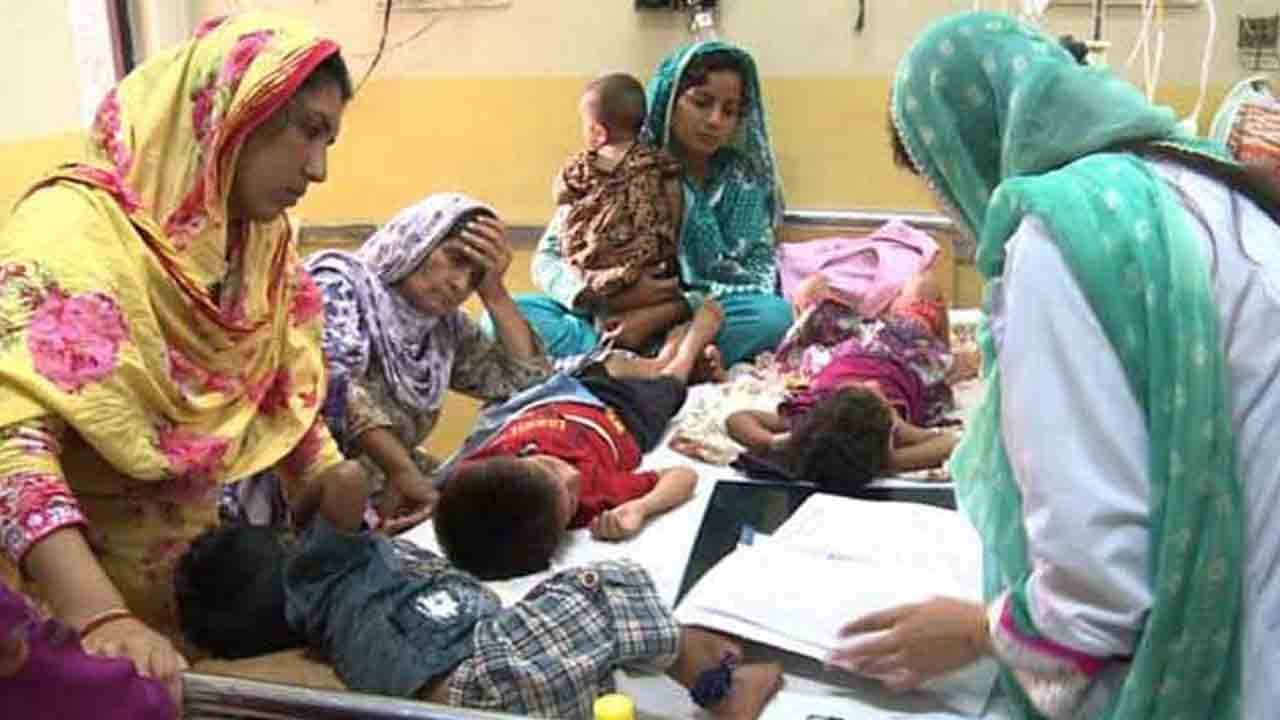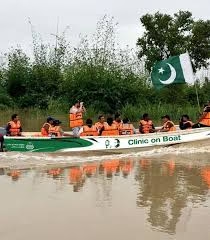A recent revelation has exposed a critical health crisis in Punjab, Pakistan, where many children affected by measles are being deprived of essential immunizations. The outbreak has already resulted in the tragic deaths of three children—two from Lahore and one from Faisalabad. As the number of infected children in Lahore alone reaches 317, urgent measures are needed to address this escalating health emergency.
Rising Cases and Alarming Statistics
The measles outbreak in Punjab is worsening, with 243 suspected cases reported across the province in a single day. Faisalabad is currently the hardest hit, with 41 new suspected cases. Lahore and Khanewal each reported 21 new suspected cases. Since the beginning of the year, Punjab has recorded a staggering 2,825 measles cases and 20 deaths.
The Immunization Gap
The revelation that many children affected by measles are not receiving immunizations is alarming. Immunization is a critical tool in preventing the spread of infectious diseases like measles, which can be deadly, especially in young children. The lack of immunization among the affected children highlights significant gaps in the healthcare system and raises questions about the efficiency of public health initiatives in the region.
A Preventable Tragedy
Measles is a highly contagious viral disease that primarily affects children. It can lead to severe health complications, including pneumonia, encephalitis, and death. The World Health Organization (WHO) and other health bodies stress the importance of immunization in preventing measles outbreaks. The fact that children in Punjab are succumbing to a preventable disease underscores the urgent need for effective immunization campaigns.
Government Response and Public Health Measures
The government of Punjab must take immediate and robust action to control the outbreak and prevent further fatalities. This includes:
- Strengthening Immunization Programs: Ensuring that all children receive the measles vaccine on schedule. This may involve door-to-door vaccination campaigns and increased accessibility to healthcare facilities.
- Public Awareness Campaigns: Educating parents and guardians about the importance of immunization and dispelling any myths or misinformation about vaccines.
- Rapid Response Teams: Deploying medical teams to areas with high numbers of suspected cases to provide immediate care and prevent further spread.
- Monitoring and Reporting: Establishing a reliable system for monitoring and reporting measles cases to track the outbreak effectively and respond promptly.
Challenges and Barriers
Several challenges may be contributing to the current crisis, including:
- Vaccine Hesitancy: Misinformation and fear about vaccine safety can lead to reluctance among parents to immunize their children.
- Healthcare Access: In rural and underserved areas, access to healthcare services, including vaccination, may be limited.
- Resource Limitations: Public health resources may be stretched thin, impacting the ability to conduct widespread immunization campaigns effectively.
The Human Cost
The human cost of the measles outbreak is profound. The death of even one child is a tragedy, and the loss of 20 children is a devastating blow to families and communities. The emotional and psychological impact on the families of those affected cannot be overstated. Each death represents not just a statistic but a young life cut short and a family plunged into grief.
The Way Forward
Addressing the measles outbreak in Punjab requires a coordinated and comprehensive approach. The government, healthcare providers, and communities must work together to ensure that every child receives the lifesaving vaccines they need. This is not just a public health issue but a matter of social justice and human rights. Every child has the right to health and protection from preventable diseases.
The measles outbreak in Punjab is a stark reminder of the importance of immunization and robust public health systems. The deaths and rising number of cases should galvanize all stakeholders into action to prevent further loss of life and to ensure a healthier future for all children in the region. The time to act is now, before more lives are tragically lost to a preventable disease.



